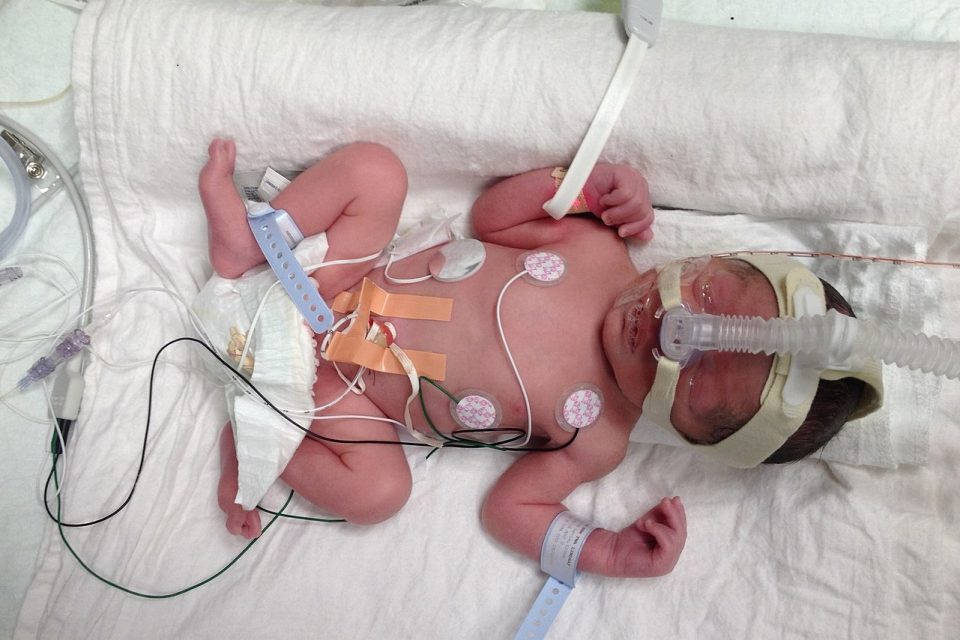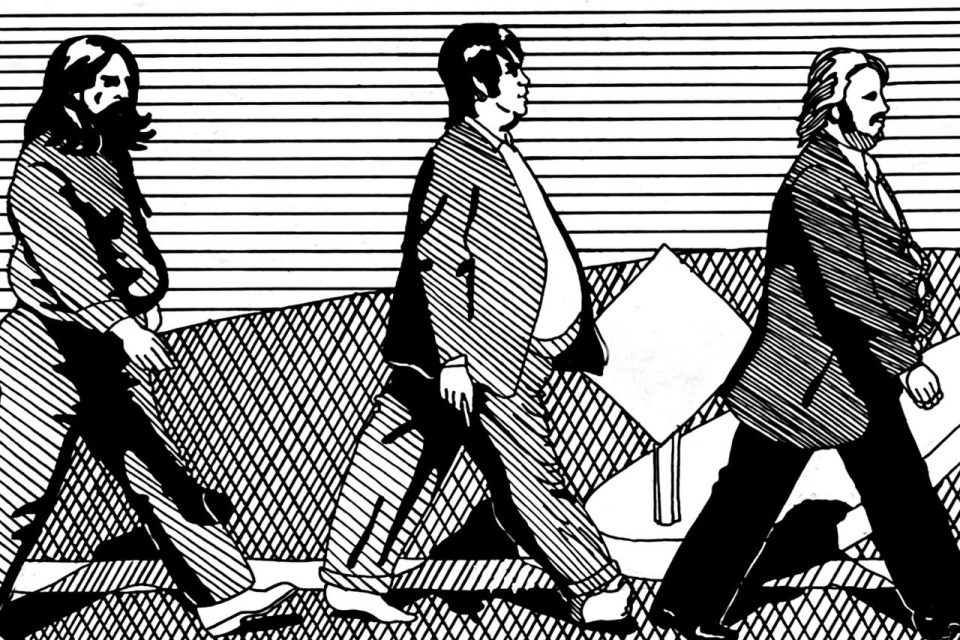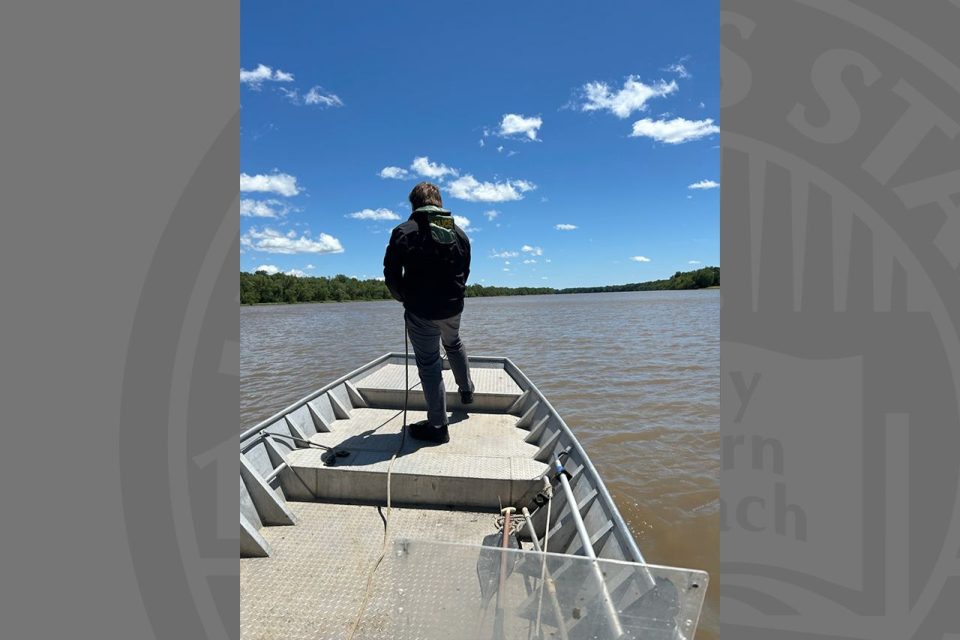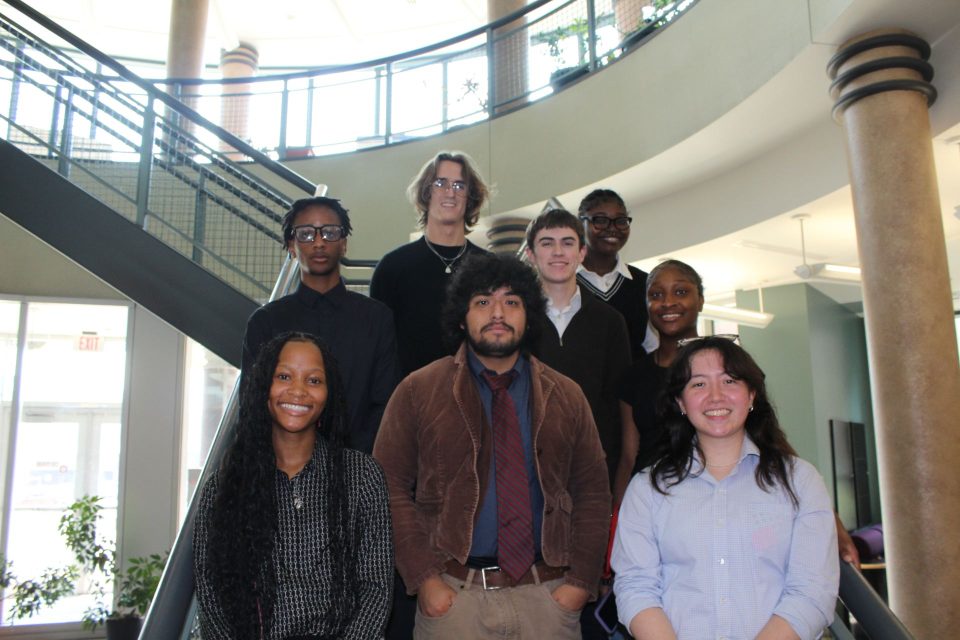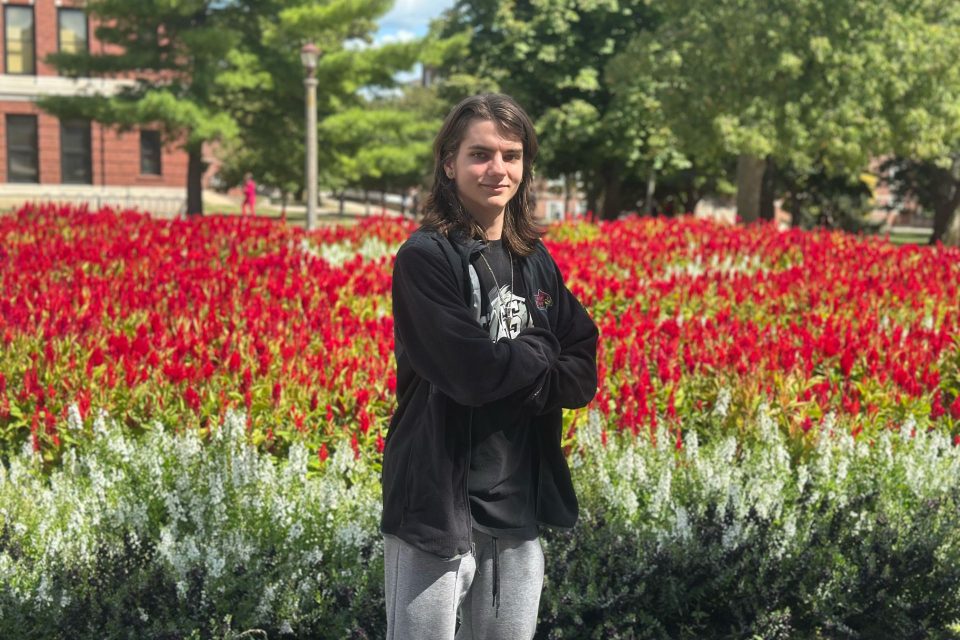Preterm birth influences reading and math outcomes in adolescence
What happens in the long run after children are born prematurely? Preterm birth is common enough, affecting about 10% of babies born in the US, that many people have followed the story of a baby who spent time in a neonatal intensive care unit (NICU). After the NICU, though, these babies may develop into children with very different trajectories.
Dr. Jamie Mahurin-Smith, of the Department of Communication Sciences and Disorders, has published a paper in the October issue of Early Human Development investigating academic outcomes among children born preterm. Together with her co-author, Dr. Stephen Petrill of the Ohio State University, she looked longitudinally at the reading and math skills of 768 participants in the Western Reserve Reading and Math Project, who were evaluated annually from early elementary school up until adolescence.
“In our earlier studies,” Mahurin-Smith said, “we focused on the participants who were born very preterm and/or very low birthweight. In plain English, those are the kids who arrived at least two months before their due dates, or who weighed less than 3 pounds 5 ounces when they were born. In this paper, we looked at the effects of gestational age across all 768 of the kids for whom we had that information, most of whom were excluded from our prior studies because they arrived closer to their due dates. We focused specifically on reading and math outcomes across time, because some research—including one of our own previous studies of spoken language skills—has suggested that catch-up growth may occur across time in children born prematurely.”
The current paper found that across the time period from age 6 to age 15, preterm birth exerted a significant and consistent effect on both reading and math skills. These effects were buffered by parental education: Children with more educated parents were less likely to demonstrate these deficits.
“It’s my hope,” Mahurin-Smith said, “that medical personnel can continue to reduce the incidence of preterm birth and the perinatal challenges faced by children who arrive earlier than expected. I’d also encourage families whose children were born prematurely to continue their advocacy as those kids progress through school, recognizing that those early difficulties can continue to influence their academic performance.”
Latest Publications
- Queer Talks to explore Girth & Mirth clubs November 19Queer Coalition, Illinois State's sponsored LGBTQIA+ faculty, staff, and graduate student affinity group, invites the University community to attend a lunchtime presentation November 19 by Women's, Gender, and Sexuality Studies Program Interim Director Dr. Jason Whitesel on the history and visual representation of Girth & Mirth clubs from their advent in 1970s San Francisco through their last hurrah in the early 2000s. This event will take place from 11:30 a.m.-1 p.m. in 401 Stevenson Hall.
- Creatively critical tech virtual fall 2025 speaker seriesThis fall, the Creatively Critical Tech: Research + Practice + Design virtual speaker series will host four leading scholars whose work advances innovative and inclusive research, art, design, and practice with emerging technologies and media.
- Senior criminal justice sciences student completes internship with the Illinois Conservation PoliceSenior of Criminal Justice Sciences Tomas Cottingham gained hands-on experience in environmental law enforcement during his Illinois Conservation Police internship.
- Summer bridge program for first-year Science IS-U ScholarsThis summer, first-year STEM students in the Science IS-U Scholars Program came to the Illinois State campus for a 6-week bridge program designed to support their transition to ISU and their STEM majors, build a STEM cohort community, and lay the foundation for their role as civically engaged scientists.
- Legacy lives on: Legendary faculty member’s passion for community, public education perseveres through Skibo ScholarsThe legacy of a legendary faculty member lives on through a scholarship established to preserve his commitment to public education and the sense of belonging derived from community.
- 20 Illinois State University faculty recognized on global list of top cited scientistsNew data from the 2023 calendar year published by the Elsevier Data Repository in Fall 2024 names 14 scientists from Illinois State University as in the top two percent (top 100,000) of cited researchers globally.



